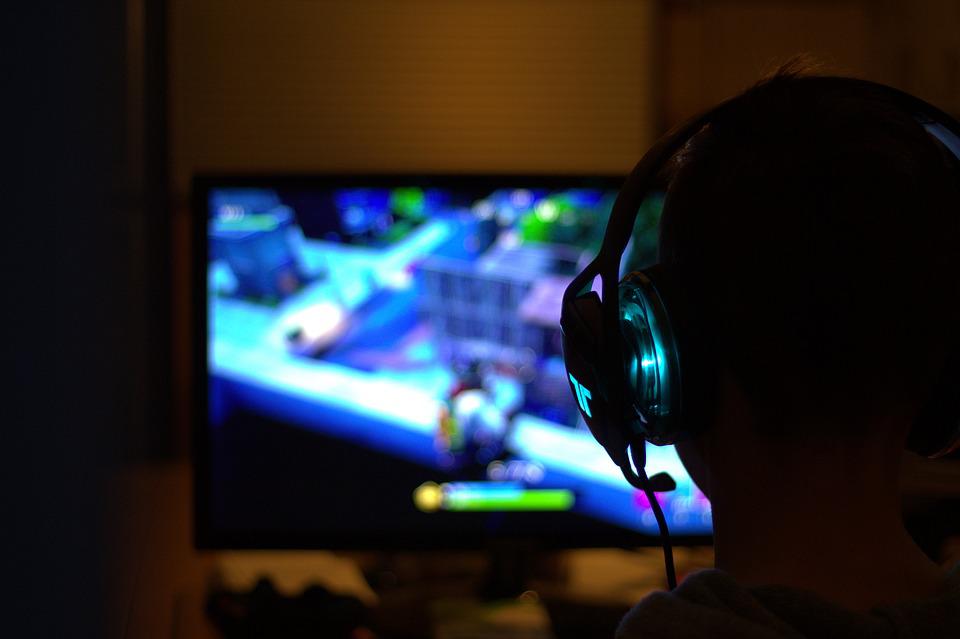For decades, the conventional wisdom has been that video games are a waste of time at best, and actively harmful at worst, like the many controversies surrounding what is now one of the most popular hobbies in the 1980s and 1990s. Fun fact here: there are many benefits of video games that have yet to be discovered, as we’ll see today.
But parents have long warned their kids about the dangers of excessive gaming – from stunting their psychological and social development to fueling violent tendencies (as many would believe after recent waves of mass shootings across the globe.)
On one hand, they’re right, though partly so: there are undeniable risks associated with problematic game use. On the other hand, many researchers working independently have uncovered a host of surprising benefits of video games, particularly regarding social connection and mental well-being. Contrary to the common perception, their benefits may outweigh the risks, at least when played in moderation.
Throughout this article, you will dive deeper into the findings of two different case studies (and a report by the ESA) involving video games and their health-related benefits.
The social benefits of video games
As researchers Brenda K. Wiederhold and her colleagues outline in their article “Kids Will Find a Way: The Benefits of Social Video Games“, video games have become a crucial virtual meeting place for young people, especially during the isolating days of the COVID-19 pandemic – do you remember how many of us flocked to digital worlds in an attempt to escape the monotony of staying indoors? Yeah, that was a special kind of rough.
Video games were used as virtual social hubs

With in-person hangouts being severely restricted, kids, teens, and adults spent their time in social, multiplayer games like Roblox, Fortnite, Minecraft, and Animal Crossing to stay connected with their peers. These immersive digital worlds became the new playground where friends could gather, celebrate milestones, or simply spend time even when miles apart.
The article even cites staggering statistics to illustrate this temporary shift, noting that Roblox saw an 82% increase in average daily users throughout most of 2020, averaging over 31 million unique players per day.
Moreover, Wiederhold found that “more than half of teens prefer to catch up with friends through gaming” rather than relying on traditional communication methods during these trialing times.
Video games and prosocial behavior
But the benefits of video games go beyond just providing a virtual social hub. Her research also suggests that the collaborative, cooperative nature of many multiplayer games can encourage helpful and empathetic behaviors in young players.
When working together to accomplish in-game objectives, players learn to communicate, solve problems, and look out for one another, skills that can translate well to the real world. Wiederhold explains: “The shared experiences that social games provide can result in young people who are more inclined to help one another, in both online and real-world settings.”
This positive impact on prosocial behavior is yet another awesome reason to consider the many benefits of video games, especially for children and teenagers who are going through the challenges of social development.
The mental health benefits of video games
While the social upsides of gaming are significant, the potential mental health benefits are perhaps even more surprising. Keyword: potential.
A study by researchers at the University of Oxford, as presented in the article “Video game play is positively correlated with well-being”, found a small but positive correlation between gameplay time and the players’ self-reported levels of happiness and satisfaction.
An overview of the Oxford University study

The researchers, led by Niklas Johannes, set out to explore the potential positive effects of video games on mental well-being, in contrast to the wealth of research focusing on the negatives.
Their key finding was that participants who spent more time playing games like Animal Crossing: New Horizons and Plants vs. Zombies: Battle for Neighborville were more likely to express positive feelings about both the games and their mental state.
Caveats and limitations
Of course, the researchers were quick to acknowledge the limitations of their correlational data. They noted that players tend to overestimate their actual playtime and that there may be a self-selection bias, where people who already feel good about themselves are more drawn to gaming.
Additionally, the study’s authors emphasized that they “cannot claim that game time causally affects well-being.” More research is needed to fully understand the trajectory of gameplay and its long-term impacts on mental health.
Still, the Oxford study’s findings challenge the common assumption that video games are universally detrimental to our well-being. As the researchers argue, “regulating games could withhold those benefits from players” – benefits that may include feelings of competence, autonomy, and social connection while gaming.
In other words, video game play, when balanced with other activities, may actually provide a net positive for our psychological health. The key, as always, is moderation and ensuring that gaming doesn’t become all-consuming or replace important real-world interactions.
What does the ESA have to say?
Last year, the ESA (Entertainment Software Association) released a report called “Power of Play.” While this piece isn’t a rigorous scientific study, it provides a glimpse into the real-world impacts of video games on people’s lives. The key takeaways show just how much games can positively influence players’ mental health, social connections, and overall well-being:
Games make people happy!

According to the survey of over 12,800 active gamers across 12 countries, more than half of players say that playing video games provides them with a healthy outlet for everyday challenges (64%), helps them feel happier (63%), and even gets them through difficult times in their lives (52%). This underscores the powerful role that games can play in supporting players’ emotional needs and overall life satisfaction.
Games also support mental health
The mental health benefits of gaming are also clear from the data, supporting the Oxford study. A substantial majority of players (71%) say that video games help them feel less stressed, while 61% report that gaming makes them feel less anxious. Over half (58%) say that games help them feel less isolated or lonely by connecting them to others, which takes us to Wiederhold’s findings.
These conclusions challenge the common perception of gaming as a purely escapist or even harmful activity. Instead, they suggest that when played in moderation, video games can be an important tool for managing one’s mental well-being, providing stress relief, mood boosts, and a much-needed sense of social belonging.
Of course, this is just a snapshot from a single report, and more rigorous scientific research is still needed to fully understand the nuanced impacts of gaming. However, the data presented here offers a counter-narrative to the often-cited concerns about the dangers of excessive screen time and video game addiction.
What is there to conclude?
It turns out, they’re not just mind-numbing distractions as old people love to parrot. In fact, for many players, the benefits of games extend far beyond simple entertainment.
Research is showing us that gaming can be a powerful tool for young people, especially in today’s digital world. As we’ve seen throughout this article, games can help us:
- Make friends and connect with others: they allow people to connect online and build friendships, which can be especially helpful for those who might struggle in face-to-face situations;
- Develop emotional skills: games can involve teamwork, problem-solving, and dealing with unprecedented challenges. These are all important skills for dealing with life’s ups and downs;
- Feel happier and healthier: Oxford’s study and ESA’s report suggest that gaming has positive mental health benefits. It’s still early days, but it’s an interesting area to explore!
Of course, more research is needed to fully understand their long-term impact, good and bad. But the evidence so far is promising: video games seem to be more than just fun and games, they could be a real asset for young people.
So, the next time you hear someone dissing video games, share this info! Gaming might just be a surprising force for good in the digital age.
Are you looking to develop your own game? We can help!
Thinking of creating a game that not only entertains but fosters social connection and well-being while being a blast to play? We at Main Leaf are a team of passionate game developers with expertise in crafting games that are both fun and impactful.
We can help you bring your vision to life, from concept to completion, or act as your outsourcing partner for all things game development. Contact us today and let’s discuss how we can create a fantastic game together – and how we can use the many benefits of video games in our favor.

